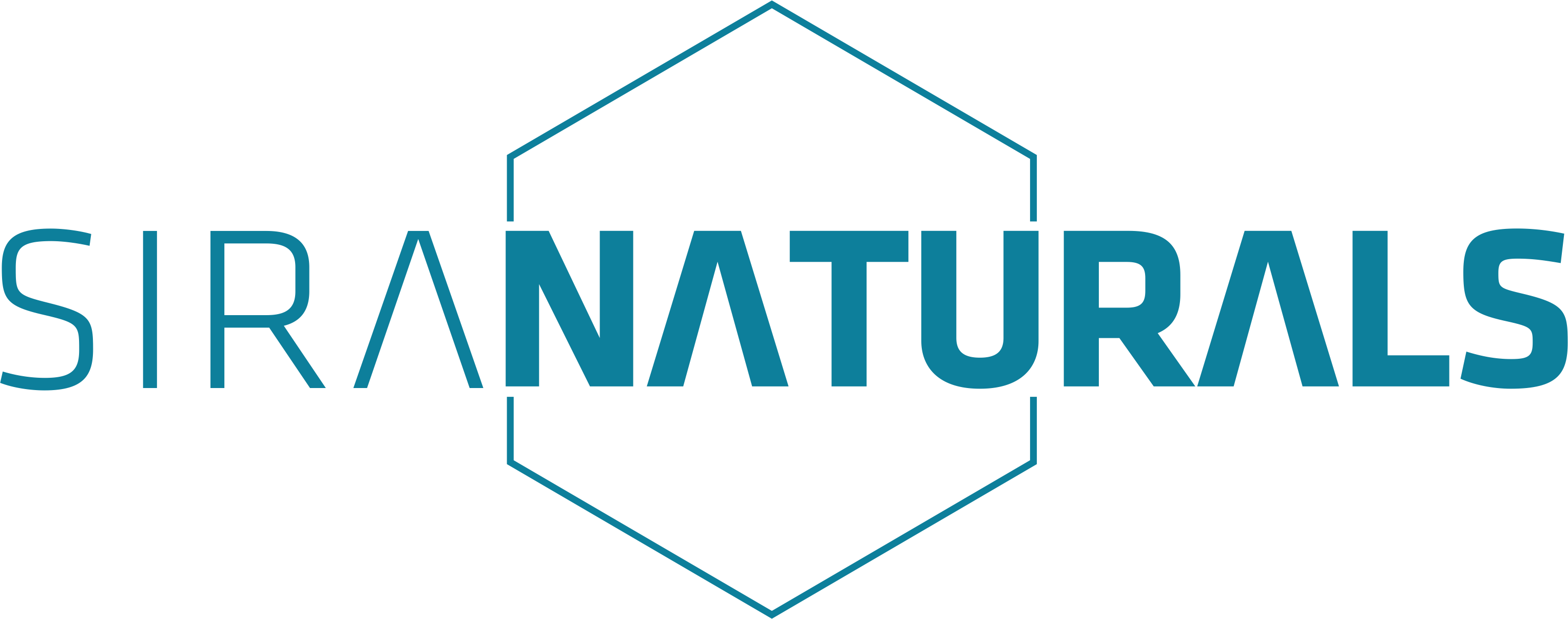As of December 2017, recreational marijuana is legal in Massachusetts. But hold your horses. As with any new legislation, things aren’t immediately as clear-cut as they seem.
Firstly, it’s still illegal to sell cannabis in any form until the first licensed recreational dispensaries open, which won’t be until July 2018 due to delays in squaring away the law.
The so-called “gray period” we’re in is creating a little confusion around what is and isn’t allowed. But it at least gives medical and future recreational users plenty of time to brush up on the (lengthy) list. Here are the key differences between medical and recreational marijuana rules so you know exactly where the law stands to date.
- Age: Recreational users must be aged 21 or older, and medical users with qualifying medical conditions aged 18 or older, to legally possess cannabis.
- Possession limits: Though you can’t yet buy or sell, you can legally carry up to 1 ounce of flower or 5 grams of concentrate in public. In the car, the same rules apply, as long as the cannabis is kept in a locked container, trunk, or glove compartment and you refrain from driving under the influence. At home, recreational users are allowed up to 10 ounces at a time, nine of which must be locked away.
Medical marijuana patients can carry a 60-day supply (up to 10 ounces, unless prescribed more) anywhere except for on school grounds. That’s illegal for any amount or either purpose of cannabis.
- Cultivation limits: Recreational users can grow up to six plants each at home for personal use. The total limit is 12 per household, which means no more than two people can grow their maximum. Medical users who prove “hardship” – that is, they can’t visit a state-authorized dispensary for financial or accessibility reasons – can cultivate a 60-day supply or less.
For both types of usage, the grow room must be locked and invisible to the public. However, all allowances are void if your landlord prohibits cannabis cultivation. Medical users can designate a caregiver to grow for them in this case, or if they are unable to access a dispensary.
- Purchasing limits: When legal, recreational users will be able to purchase their possession limit of one ounce. Medical users can purchase their limit of 10 ounces over a rolling 60 day period.
- Use: Public use of both recreational and medical cannabis is prohibited. You’re free to use in any form in a private residence unless the landlord prohibits smoking, but rental agreements cannot prohibit consumption by other means, including vaporization.
- Distribution: Want to share with a friend? That’s generous, but make sure that friend isn’t under 21. You also can’t give away cannabis for money or in amounts exceeding an ounce. Medical users are prohibited from sharing their medical cannabis, as their medicine is specifically suited to their needs.
- Federal stipulations: Since both types of cannabis are illegal under federal law, you can’t use yours on federal property, bring it across state lines, or send it by U.S. mail. You cannot even possess medical cannabis in a state that doesn’t allow it, even if you’re a registered patient in Massachusetts. Some states that do allow medical cannabis honor one another’s prescriptions, but since you can’t transport yours across state lines, you have to register with the state you’re visiting.
Bay Staters looking to try cannabis for medical reasons should consider registering with Massachusetts’ Medical Use of Marijuana Program, rather than wait till July for adult-use licensure. Upon application, and if eligible, you could be ready to buy within a week or so after visiting a qualifying physician or nurse practitioner. But the law on qualifying for your med card is an entirely different animal – get the specifics on that here.






